When nearly precise rabbinic parallels to stories and sayings in the Gospels exist, it may indicate that the Gospels are preserving traditions of the early Jesus movement and, perhaps, the historical Jesus.
Lesson of Lot’s Wife
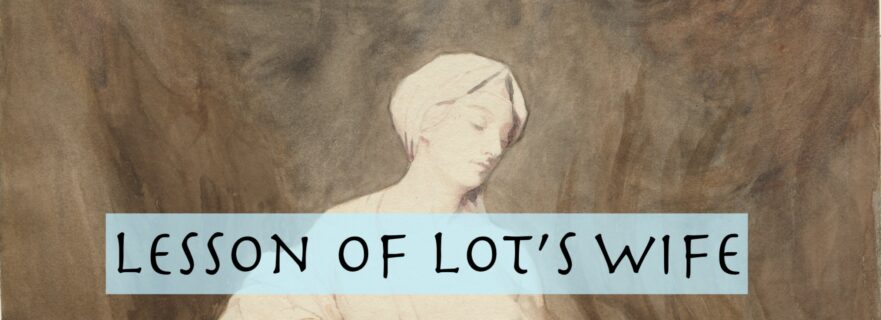
Lot’s wife serves as a warning that overattachment to possessions can come at the cost of one’s life.
Demands of Discipleship

“Anyone who wants to join me but puts family ties or love of self ahead of me cannot possibly be my full-time disciple. Anyone who is not prepared to die cannot possibly be my full-time disciple. Anyone who does not renounce his possessions cannot possibly be my full-time disciple.”
Rich Man Declines the Kingdom of Heaven

In order to join Jesus band of full-time disciples the rich man would have to adopt a radically different lifestyle than the one to which he was accustomed.
Hidden Treasure and Priceless Pearl Parables

Supposing that these twin parables once belonged to the same narrative-sayings complex as the Rich Man Declines the Kingdom of Heaven incident enables us to understand their message. Jesus’ demand that the rich man sell everything wasn’t an onerous or unreasonable request; to the contrary, Jesus had offered the rich man an extraordinary bargain.
“Treasure in Heaven”: Examining an Ancient Idiom for Charity
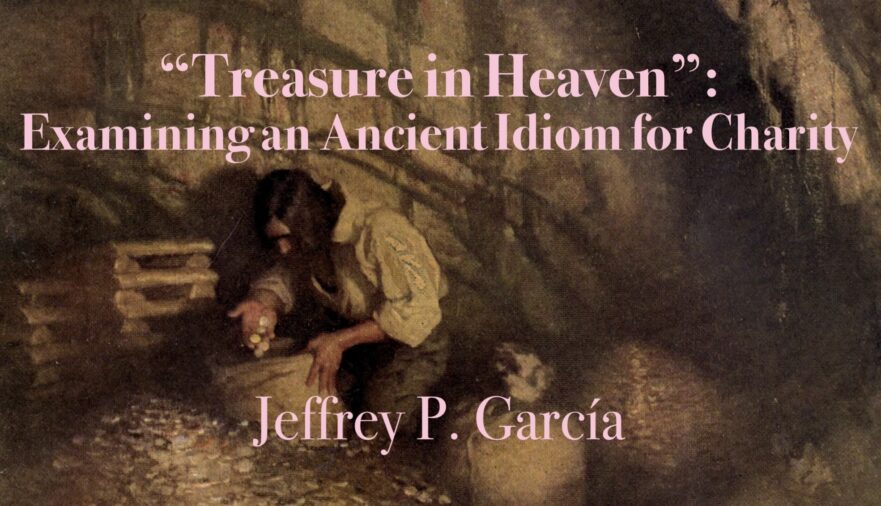
The growing value placed on charity in the first century C.E. cannot be overstated. As a new sensitivity developed within Judaism that challenged the compensatory “blessings and curses” paradigm of the Hebrew Bible (cf. Deut. 28) as a basis to serve God, so there was a shifting emphasis towards altruistic love embodied in the Levitical commandment, “…and you shall love your neighbor as yourself (וְאָהַבְתָּ לְרֵעֲךָ כָּמוֹךָ אֲנִי יי; Lev. 19:18).”
A Short Response to Steven Notley’s “Let the One Who Has Ears to Hear”
The order of The Four Types usually implies ascending gradation from worst to best. When I read The Parable of the Sower, I am inclined to see the third group as representing the category in which most of us fall—including me.
Treasures in Heaven

What is the relationship between the preaching of Jonah and putting a lamp on a lampstand? The prophet Jonah in classical Jewish thought calls to mind repentance. In Rabbinic literature we read that many prophets were sent to Jerusalem and the people did not listen, but to Nineveh one prophet was sent, and the people repented.
If Your Eye Be Single

Couched within Jesus’ teaching is an idiom which is difficult to translate, “If your eye is single, your whole body is full of light” (Matt. 6:22). The Hebraic expression, “good eye” to denote generosity is well known in the Bible (Deut. 15:9; Prov. 22:9; 23:6; 28:22; Eccl. 14:10) and the writings of Israel’s Sages (m. Avot 5:15). Nevertheless, in Matthew 6, where you would expect to find the idiom, “good eye,” the adjective used in our saying is not καλός (kalos, good, pleasant) but ἁπλοῦς (haplous, single, simple).
Jesus’ Command to “Hate”

If any one comes to me and does not hate his own father and mother and wife and children and brothers and sisters, yes, and even his own life, he cannot be my disciple. (Lk. 14:26, RSV)
Emulating the Ways of Sodom
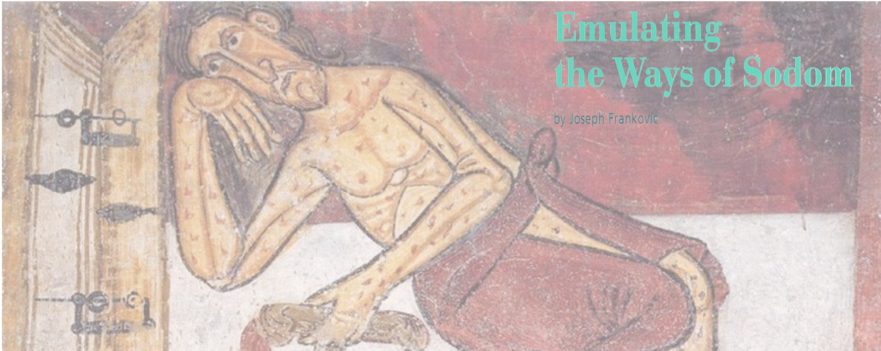
As our disposable incomes have swelled and our pursuit of life’s finer things has gained momentum, has our concern for the destitute also swelled?
The Best Long-term Investment—Making Loans to God

In our day, the 20th-century disciple of Jesus feels the challenge of his call to lay up treasure in heaven more than ever. In the face of an emerging global society drunken with consumerism and materialism, Jesus’ words shatter the silence: “You cannot serve God and mammon!”
Jesus’ Attitude to Poverty

In light of Jesus’ demand of the rich young ruler to relinquish his entire fortune, one might assume that Jesus demanded this of every disciple; however, it is not certain that Jesus viewed poverty as the ideal state.
Jesus and the Hasidim
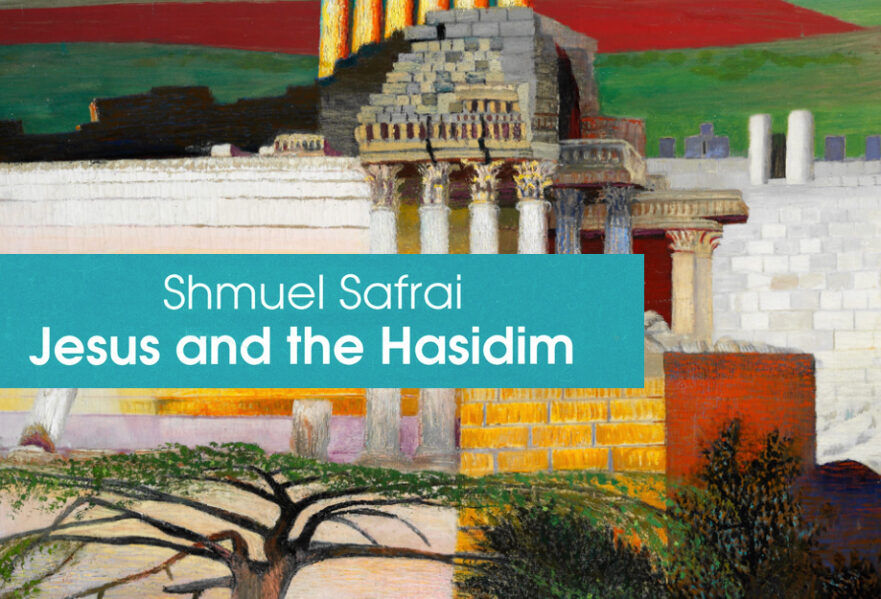
How do we define Jesus within first-century Jewish society? To which of the various Jewish sects does he belong? Was he a Pharisee, an Essene? After years of painstaking research, Shmuel Safrai has identified a new stream within the Judaism of Jesus’ time: the Hasidic movement. This may be a major breakthrough in New Testament studies, as well, because the picture Safrai paints of the Hasidim is amazingly similar to what we know about Jesus. Jesus, who was quite close to the Hasidim and perhaps even involved with some of them, does not reflect Galilean boorishness or ignorance, but rather the dynamism and ongoing creativity of Jewish life in Galilee.
The Rich Young Ruler Story: Personal Application
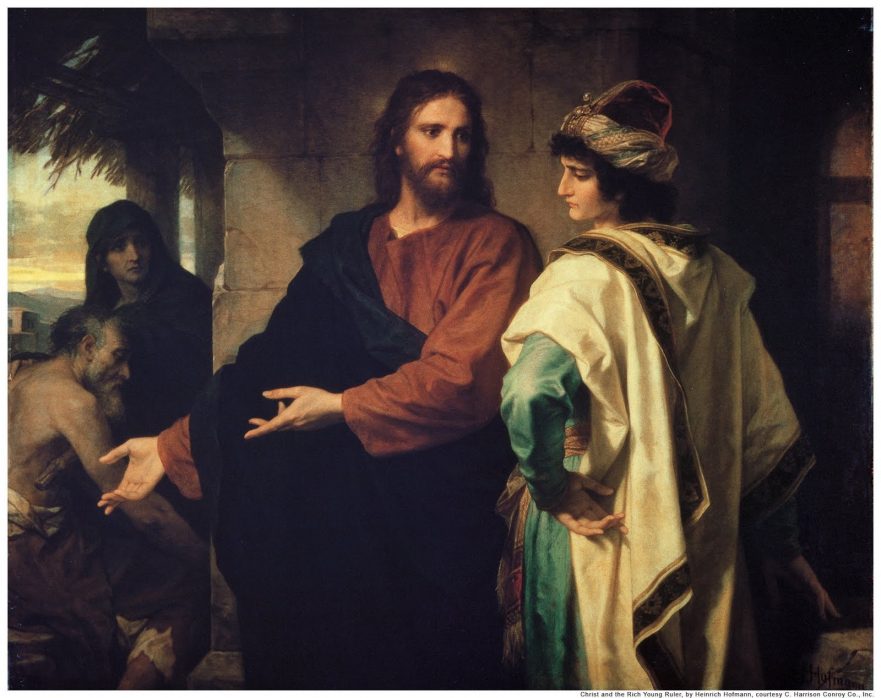
God will probably test our commitment to him at its weakest, most vulnerable point or points, those areas in our lives that we have made more important than him.

